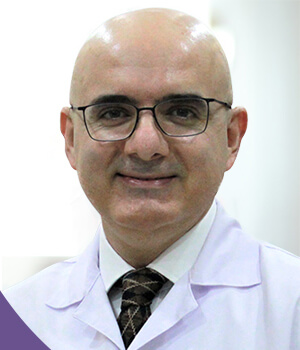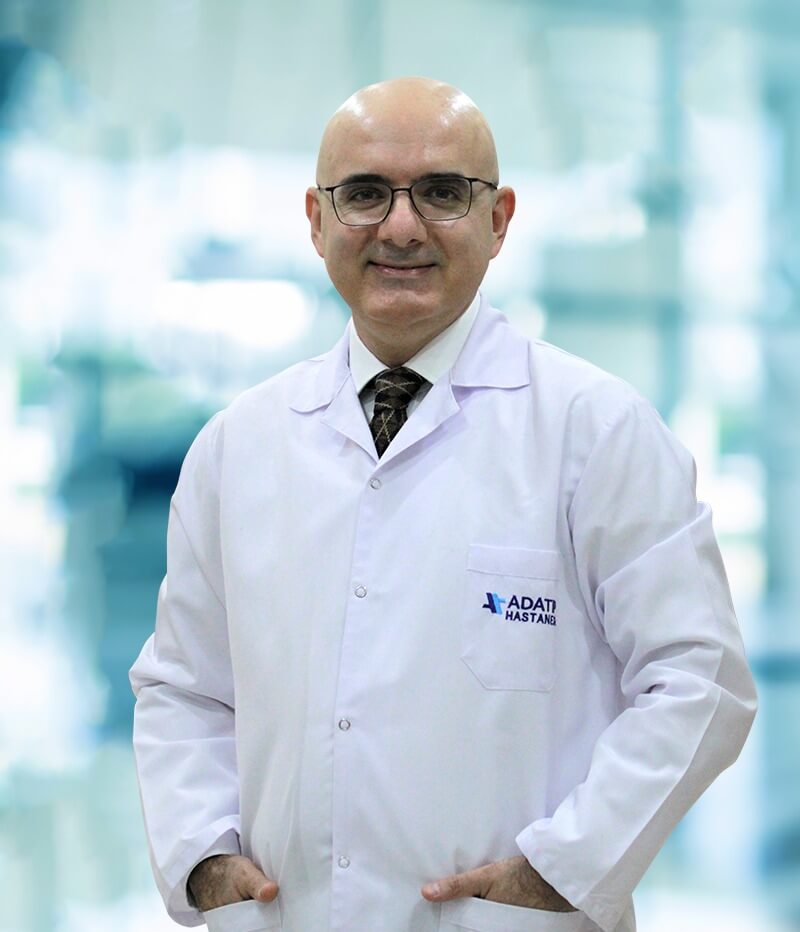Prof. Dr. Hussein Sinan: what is ileal interposition?
The goal in performing this surgery is to reduce insulin resistance and increase sensitivity in patients with type 2 diabetes. To achieve this, the distal part of the small intestine must be brought to the stomach outlet. Another option is to open a gap in the upper part of the small intestine and lead the terminal portion to this opening.
The distal part of the small intestine is brought to the exit of the stomach, after removing the part of the stomach where the hunger hormone is secreted. The reason for removing this part of the stomach is to reduce the feeling of hunger after surgery and to reduce the nausea and vomiting that may occur. The reduction of the stomach in this operation is never as great as the reduction of the stomach done in operations for obesity.
This operation ensures that food passes directly into the distal part of the small intestine and hormones are secreted that will increase insulin sensitivity. Practically, some hormones (GIP, glucagon, etc.) normally secreted from the upper part of the small intestine will not be secreted. Thus insulin resistance will decrease. The condition in which insulin is produced in the body but cannot be used will disappear. The patient will no longer be dependent on the insulin they take externally, and may even stop taking diabetes medication.
Why is the procedure called ileal interposition?
The name of the distal part of the small intestine is "ileum". The process of bringing this part to the part where the initial part of the small intestine is is called "interposition". In medical literature it is called "ileum interposition".
Prof. Dr. Hussain Sinan: kwhat is Transit Bipartition?
This type of surgery, introduced into the medical literature by Sergio Santoro, is beginning to be successfully applied to both obesity and type 2 diabetes.
In the operation, approximately half of the stomach is removed longitudinally, cut approximately 300 cm from the junction of the small intestine with the large intestine and joined to the stomach. The excised intestinal sections are then reassembled together. This makes two new connections. The first is between the stomach and the intestine and the second is between the small intestine.
In this operation, approximately 2/3 of the food entering the stomach continues through the newly made gastric band and approximately 1/3 continues through the old gastric tract. The aim here is to reduce the absorption of the food taken in and to ensure the secretion of hormones that will activate the insulin. which the person produces but cannot use, ensuring that the food comes into contact with the small intestine.
After this surgery, patients lose weight and their diabetes regresses. If people continue their diet and exercise program after surgery, it is possible to reduce or even completely abandon diabetes-related medications.
Advantages of transit bipartite surgery:
Relatively short duration of surgery.
When performed by experienced surgeons the postoperative absorption disturbances are much less compared to gastric bypass.
Revision surgery can easily be performed in cases of excessive weight loss or weight regain after surgery. The operation is in the "reversible surgery" group.
This is an operation that allows endoscopic procedures (ERCP, etc.) after the intervention when necessary.




